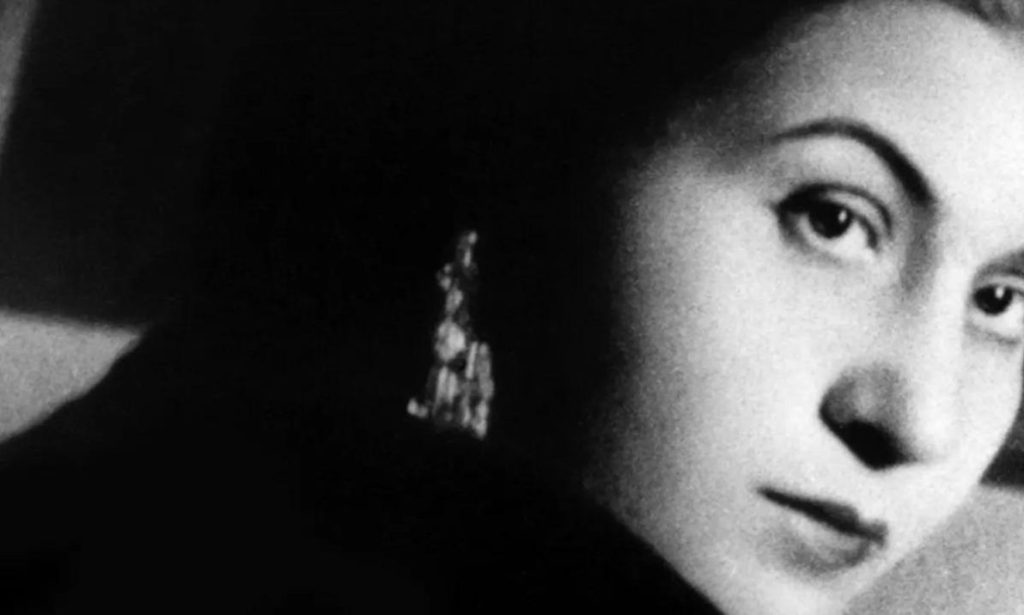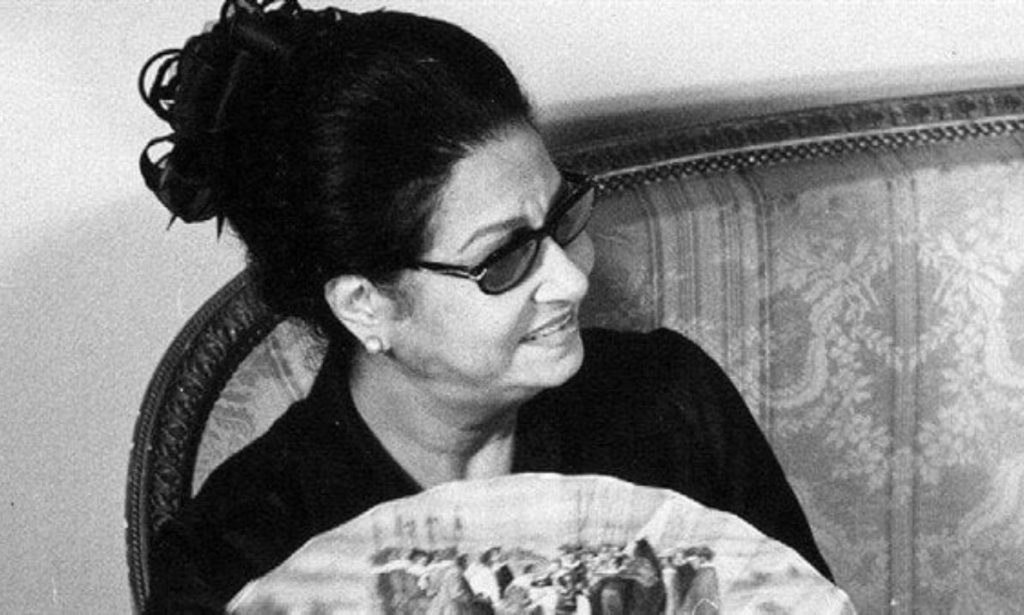Today marks the 125th birthday of the woman who reimagined the music scene in Egypt and the entire world. She was adored by Bob Dylan as a prodigy that ‘exists out of time’ and Led Zeppelin’s Rober Plant said he was ‘driven to distraction’ when hearing Um Kulthum’s voice “somebody had blown a hole in the wall of my understanding of vocals.”
Here are some facts you might want to know about Um Kulthum.
Battling Gender Norms from Day One
Her full name is Um Kulthum Ibrahim Al Beltagy, born on 31 December 1898. She was born in a religious society. Her father dressed her in a boy’s coat and black Bedouin headdress only to reveal her eyes and mouth when he took her to perform religious songs. At that time, and to this day in religious Egyptian societies, a woman’s voice and physical features are seen provocative and need to be concealed.

Rumors About Being Stingy
Lots of rumors during her day claimed that Um Kulthum, the wealthy woman that she was, was stingy. However, according to her biographer Mahfoz Abdelrahman, she was extremely generous with her guests and was even a committed philanthropist to families in need, yet she was against tipping housekeepers, for her the habit of tipping was a foreign one brought to Egypt by the British colonization who used it to manipulate people financially.
Act of Courage Against Israel Threats
In 1956, on 29 October Um Kulthum was to sing Salah Jahinn’s Walah Zman ya Selahy that will soon become a national anthem. On that day, many muscicians refuse to record the song at the Egyptian broadcast building after Israel has threatened to target it, but unlike her colleagues Um Kulthum decided to record despite possibel harm.
Her Music Was Banned During July Revolution
Um Kulthum was a close friend to former Egyptian president Gamal Abl Al Nasser. A common story goes that Umm Kulthum’s music was taken off the airwaves after the 1952 revolution because she had sung for the leaders of the old regime. Gamal Abdel Nasser, national hero and later the second Egyptian president, on hearing the star’s music was forbidden, apparently said: “What are they, crazy? Do you want Egypt to turn against us?” In addition to that, she was given absolute power and respect during his time.
The First Female Head to the Musician’s Syndicate
In fact, the musician’s syndicate was not there before Um Kulthum became its head. She was the one who saw a need to unite Egyptian musicians in one place to guarantee their rights as artists, that took place November 1942.
The author Virginia Danielson, who wrote a biography of Umm Kulthum entitled “The Voice of Egypt” said “Is it possible that 50 years in Arab societies, where women appear to outsiders to be oppressed, silent and veiled, could be represented by the life and work of a woman?” This can sum up to what extent Um Kulthum revolutionized art. She did not merely possess a great voice, but was a soaring bird that reached to the top when very few women were allowed to.
WE SAID THIS: Don’t Miss…Remembering Egyptian Philosopher Mustafa Mahmoud: The Man Behind ’55 Love Problems’



